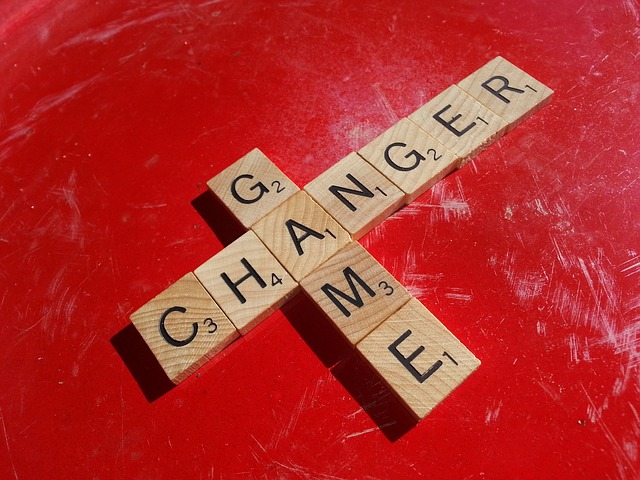Lately I have been thinking a lot about the importance of developing students’ ability to think beyond themselves and beyond knowledge as the be all and end all. In fact I’ve been thinking about it so much I signed myself up to give an EduIgnite talk on it at the Emerging Leader EduIgnite Evening in Wellington at the end of the month.
It’s about developing dispositional thinking, and in researching and reading about dispositional thinking as I write my presentation, I’ve realised something important. Dispositional thinking is a game changer, and for me to might just be the game changer.
Dispositional thinking is about changing the focus from learning being something you are good or bad at, to something that is learnable and changeable, something that you can practice and improve; moving from a fixed mindset to a growth mindset. It’s about developing the skills that support learning and are, at the same time, invaluable in 21st century workplaces.
It means that as a teacher my practice no longer centres around increasing students’ knowledge. Instead I focus on skills, strategies and concepts. If they can Google it in 5 seconds flat, is it really something I need to spend a whole lesson teaching? So, we deal with the contextual, the ungoogleable – and through those contexts we uncover learning, together. Sometimes we miss things, so we loop back and take a second look, sometimes we screw things up, so we talk about where we went wrong. But mostly we ask a lot of questions – questions that aren’t so easy to answer.
In the process of exploring these contexts and asking questions, my students are developing skills through learning in action. It is practical, but at the same time theoretical and those two develop naturally, interwoven sometimes, and deliberately made separate at others. The ideas don’t come before the practice, they come alongside, with and through the practice.
Our learning is becoming increasingly holistic, allowing more opportunities for creativity, problem solving, and collaboration. And I can see the effect that this focus on teaching to develop learning dispositions is having on my students’ confidence. My learners are more articulate than they were at the start of the year, they are more resilient, they are more creative, and they are far more open minded. And yet I wonder is it enough? How can we achieve greater depth, allow for more creativity? Increase collaboration? Develop a sense of wonder and a need to adventure in their learning in our students?
Reflecting on the development of my students’ learning dispositions has solidified my belief in the importance of dispositional curricula, thinking and learning in the classroom, and luckily for me the New Zealand Curriculum agrees mandating a three-way focus on values, learning areas and key competencies (dispositions). But I know I’m only at the beginning of this journey, with so very many things yet to explore, to refine, to uncover, discuss and reflect on. I don’t yet have the answers but I do have the questions. So many questions.

